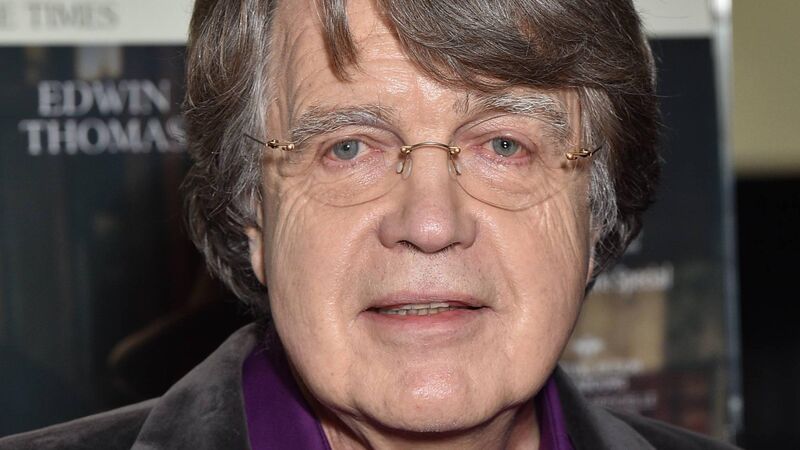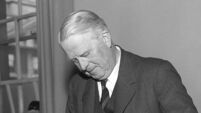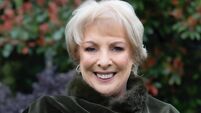Book review: Revealing dive into the ripple effects of Wilde’s scandal

Merlin Holland, author and grandson of Oscar Wilde, aims to counteract the many inaccuracies surrounding the famed-writer’s legacy in a book that was 25 years in the making. File picture: Stephane Cardinale/ Corbis via Getty
- After Oscar: The Legacy of a Scandal
- Merlin Holland
- Europa Editions, £25.00
BOOKS & MORE
Check out our Books Hub where you will find the latest news, reviews, features, opinions and analysis on all things books from the Irish Examiner's team of specialist writers, columnists and contributors.







